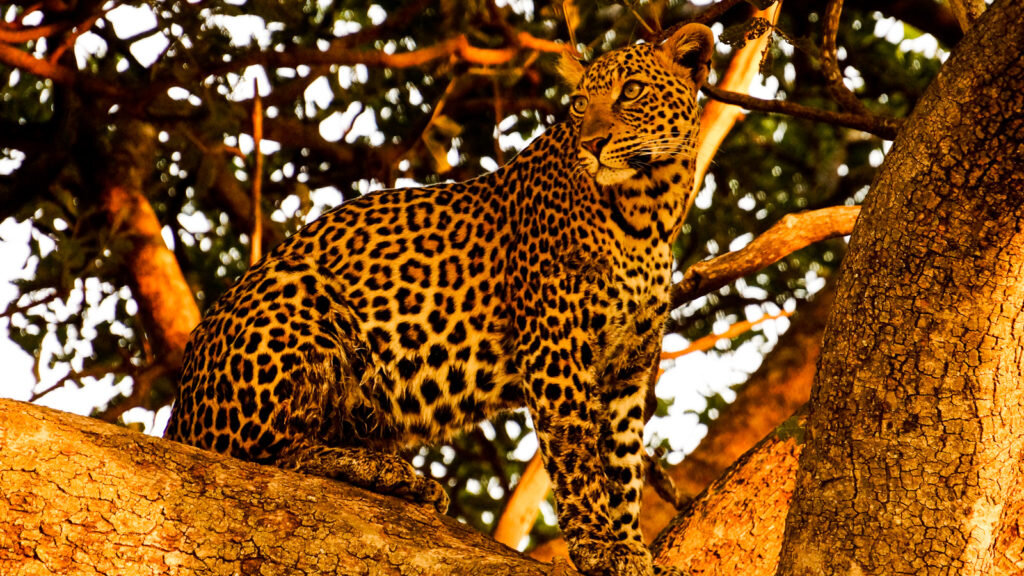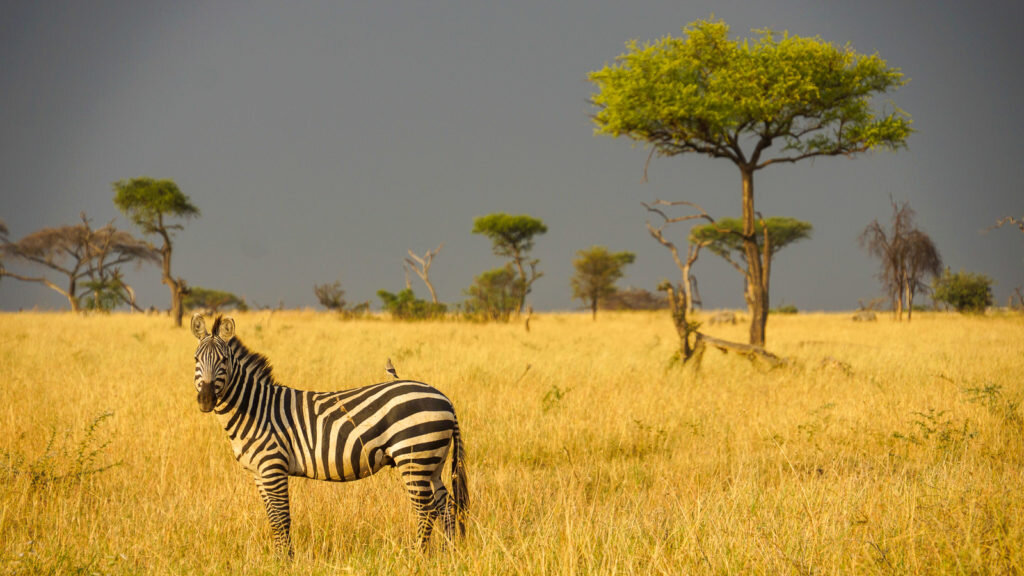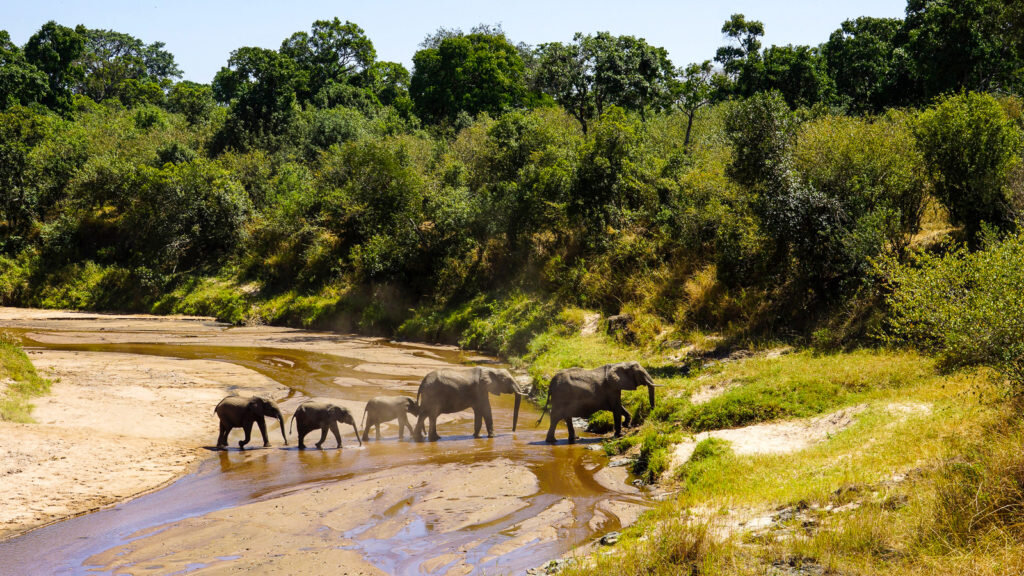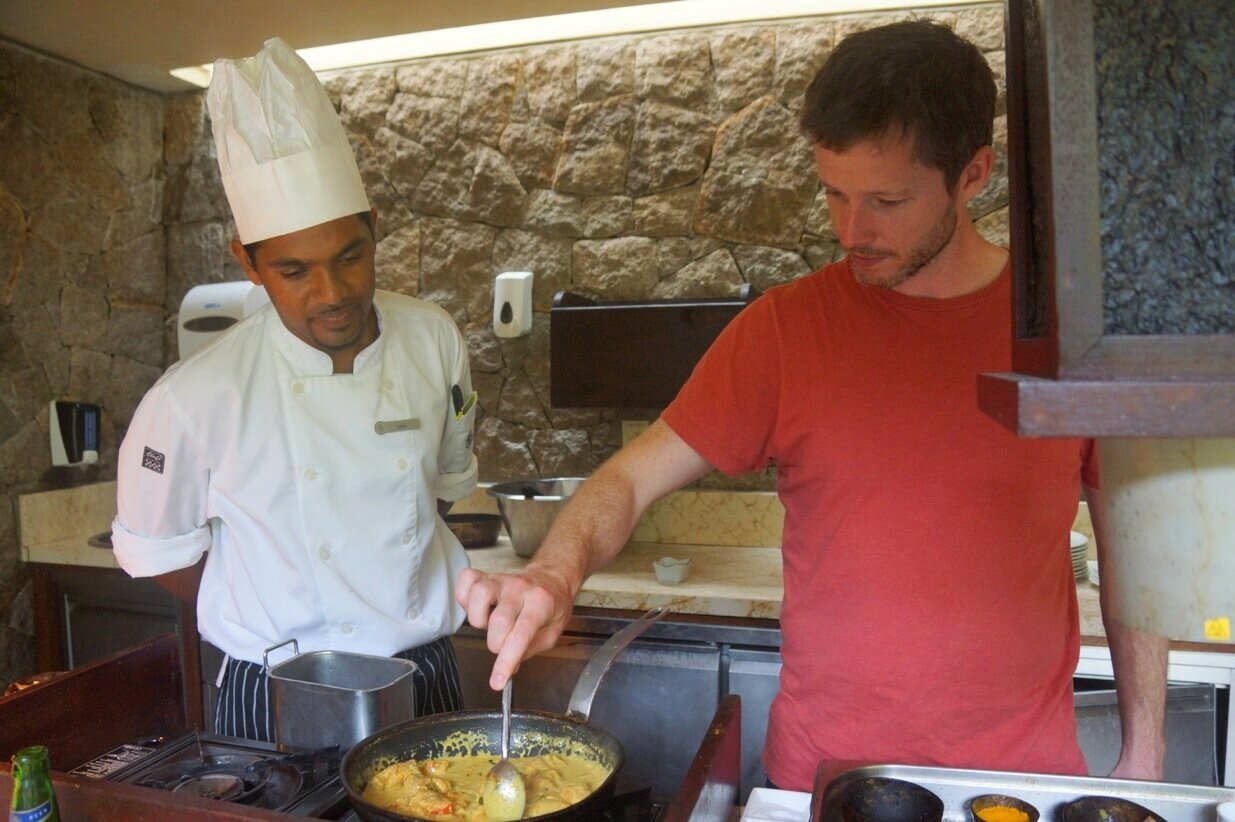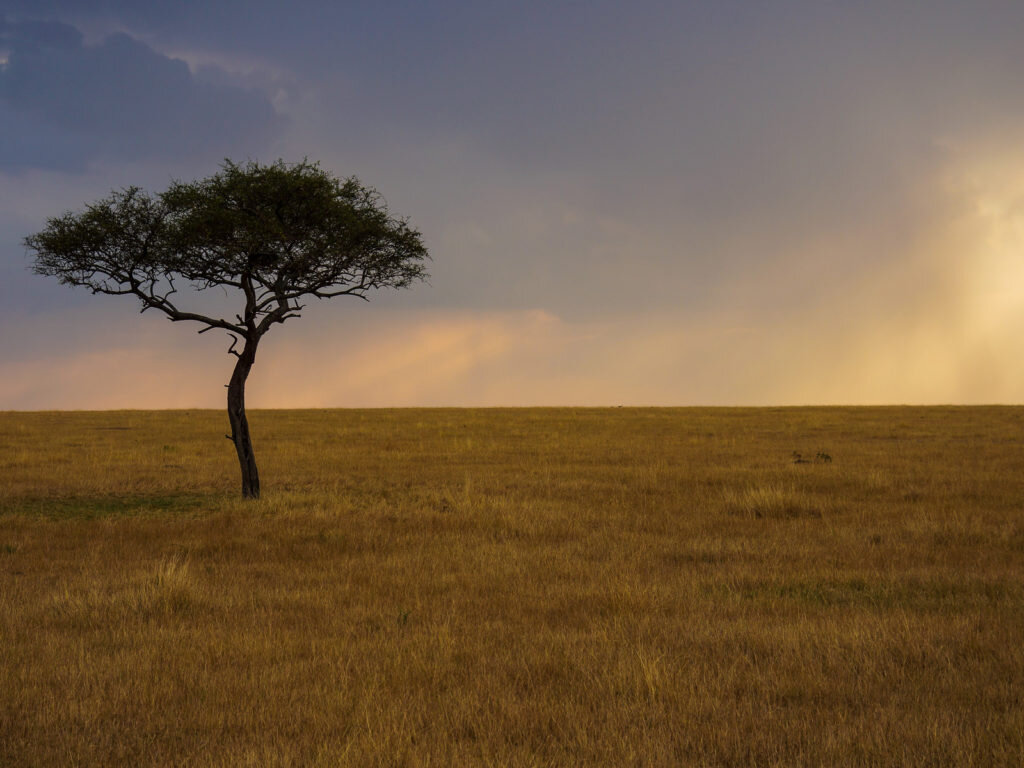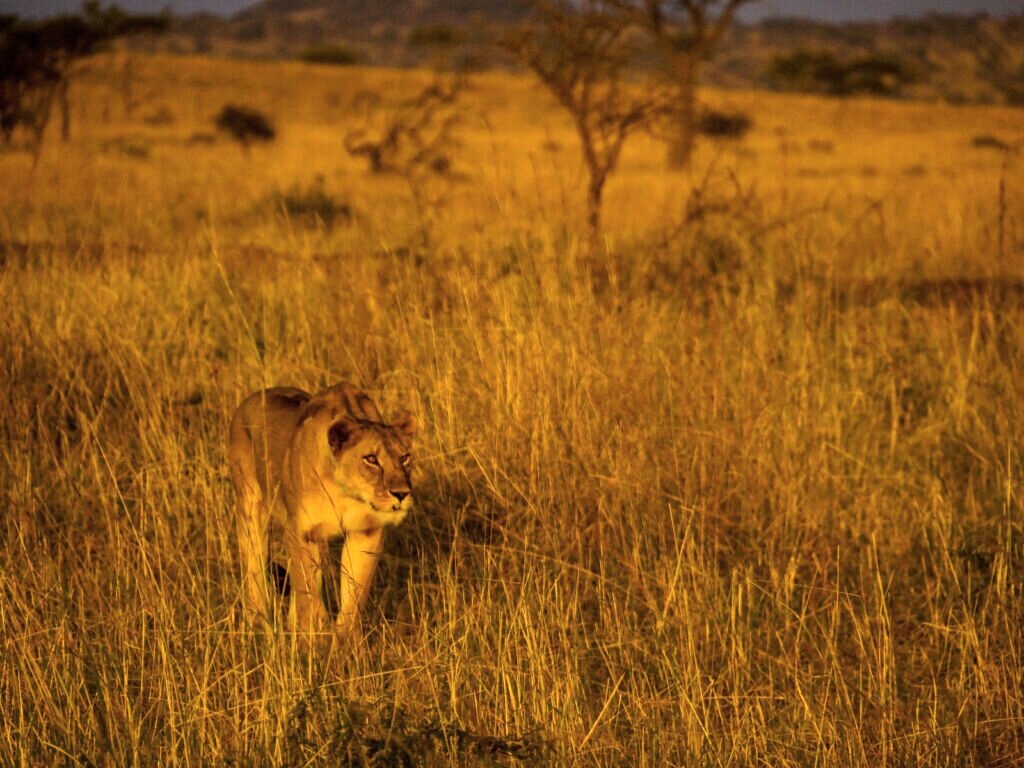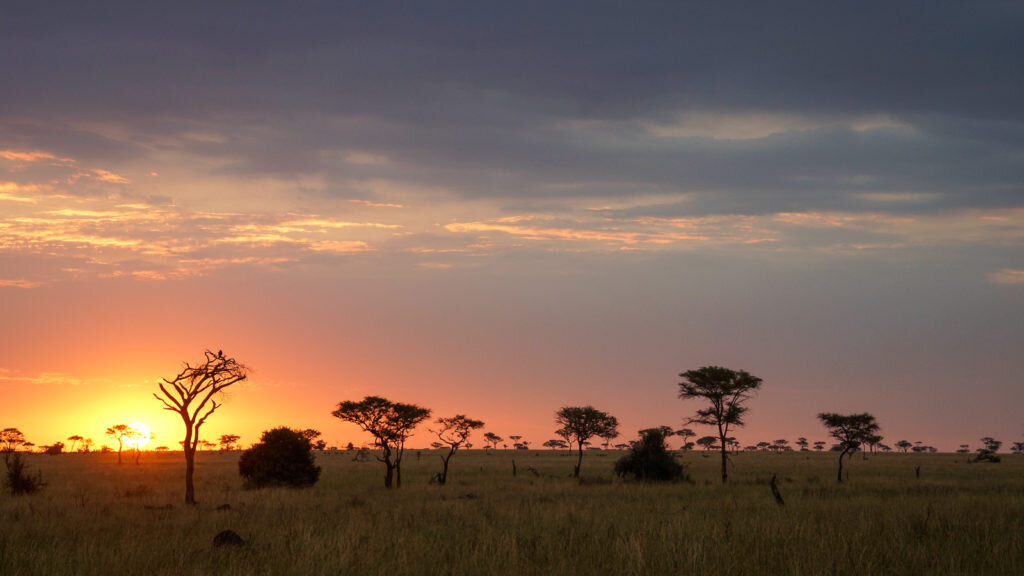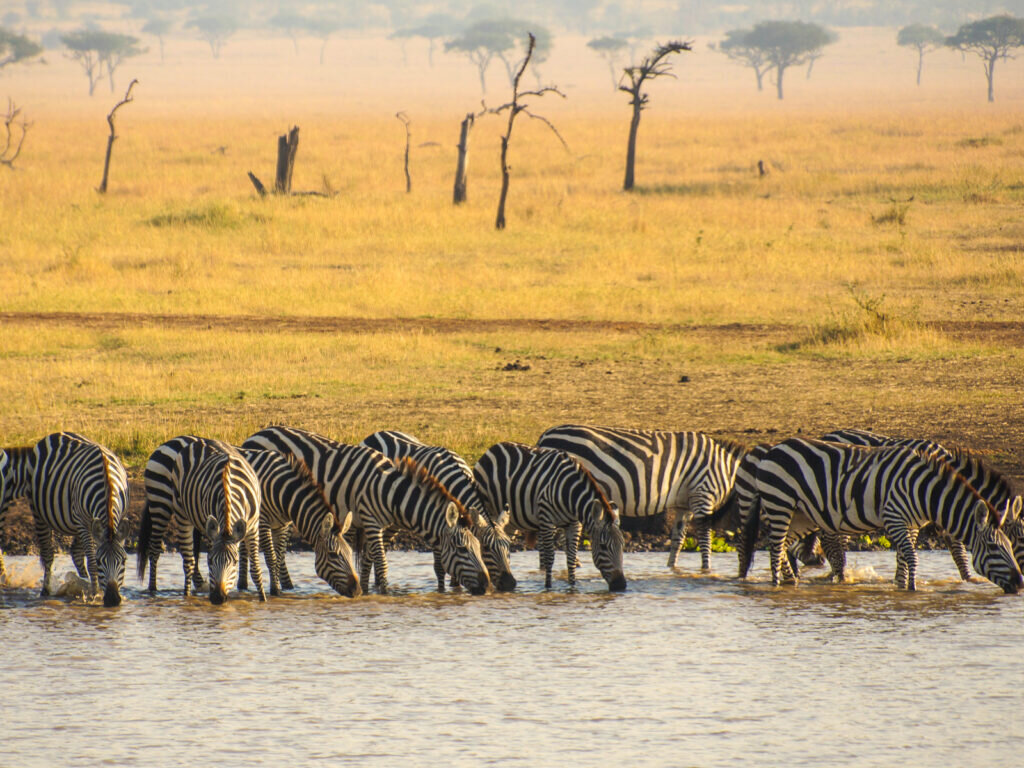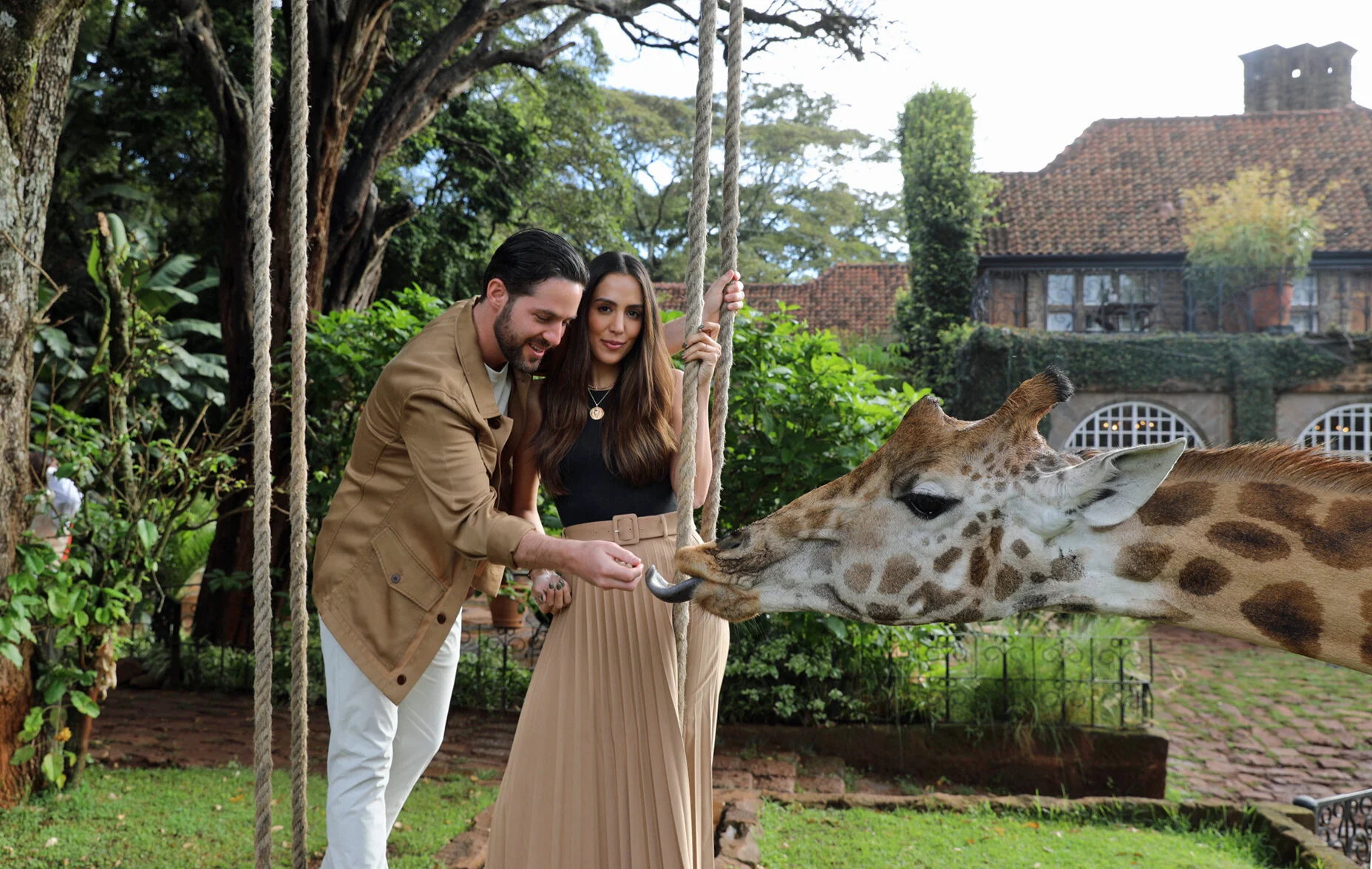25 Things to Know Before Booking an African Safari
Written by Travel Blogger & Epic Road’s client
Jillian McComiskey
“Right now, Elon Musk is revolutionizing space exploration — his team designed spacecraft to bring humans into orbit later this year, and he plans to one day send people to Mars. While the Red Planet looms large in every imagination, curious travelers longing for exotic worlds needn’t wait for a SpaceX launch pad — not while there’s beautiful Africa. If you’re dreaming of going to a different planet, there’s a land unfamiliar lying in wait. It’s novel, overwhelmingly exciting, and let’s be honest… a tad intimidating. Trade in your space suit for a Land Rover and high power camera — I’m talking about an African safari.
Safari is an experience you can’t naturally cross-reference with any other vacation experience you’ve had. This is the only trip you’ll take where the thrill of witnessing a lion stalk its prey is on your wishlist! If you’ve landed on this article on the Epic Road website, bravo, you’re already headed in the right direction of something that’s two parts leopard and one part white table cloths and fresh squeezed pineapple juice. Epic Road is the best in the business at organizing luxury African safari tours. They are my SpaceX. Their “flight team” helped me plan and execute the perfect honeymoon safari in Tanzania. If you’re like I was, a safari-virgin, it may be helpful to know some tips before you hit the launch pad. I experienced quite a few “ah-ha” moments when planning, packing, and while on safari — so here’s my quick rundown of the 25 things to know before blasting off on your own African safari adventure. Africa first — Mars next! ”
GET READY! It’s time to plan your African Safari:
You may be asking yourself, “How do I even start planning a safari? How long should I visit? Can I just get up and go? Who coordinates transportation, lodge booking, game rides? Which African safari is best?” These tips for planning your African safari will help answer those questions.
Book your safari well in advance: I started planning 9 months ahead and many lodges were already reaching full capacity. So start booking this trip now! The good news is you’ll have plenty of time to look forward to your dream vacation.
Travel companies handle all the nitty-gritty details for you: Lodges work with tour companies to arrange all the accommodation and game drive details -- it will be one less thing on your plate to do. Epic Road has relationships with the best in the safari business and you’ll be in great hands following their recommendations.
You’ll wish you had booked just one more day: How long do you need to stay in order to fully experience a safari? I advise at least a week, and plan to sleep in at least two different lodges to switch up the experience. However, if I could’ve stayed longer than my week long trip, I would have! Of all the vacations I’ve ever taken, I reminisce most about my trip to Tanzania.
Give yourself ample time to schedule medical shots and get your paperwork in order: Each African country has different requirements. For example, to visit Tanzania, you’ll need to show vaccination proof for Yellow Fever, Typhoid, Hepatitis A, and Hepatitis B. You’ll also have to obtain a visa upon arrival. To save yourself time, apply in advance from the closest Tanzanian embassy.
Think about which animals are on your bucket list: Africa is a vast continent, and each country where safari is popular will provide a different wildlife experience. Have you always wanted to see “The Big 5?” Head to Tanzania, Kenya, South Africa, Botswana, or Zimbabwe. Or perhaps the wildebeest crossing the Mara River is a must-do? Tanzania and Kenya are the winners again. Or do you prefer to track gorillas? Time to pivot to Rwanda or Uganda. Chat with Epic Road about what you hope to see, and they’ll carefully curate the perfect itinerary.
There’s a difference between private and public game reserves: A public game reserve will have more people, but is also generally larger in size and there are plenty of animals around. It won’t necessarily feel crowded with tourists, unless everyone is flocking to see the same thing, like the wildebeest river crossing. A private game reserve is smaller, and only the lodges on site have access to the grounds, thus creating a more intimate game drive experience. You may even start to know the lay of the land yourself! If there’s a special sighting (like a leopard), the drivers stay in touch and everyone has an unobstructed view. (Night drives & walking safaris!)
Communicate your lodging expectations with your tour company beforehand: Epic Road will help you organize your dream luxury African safari. Both lodges I visited on my honeymoon had luxury amenities (like a pool in the middle of the Serengeti!) and first class service. However, each lodge creates its own feel. For example, at Lamai Serengeti, we experienced a more communal vibe. We ate dinner at a large outdoor table each night with other guests, and got to know our neighbors -- literally. We befriended a family that lived a few blocks down from us in NYC! Everyone eats the same family style dinner and swaps safari stories from the day. In comparison, Singita Faru Faru is a more intimate, private safari experience. While we enjoyed s’mores and drinks around the campfire with other guests, we dined at our own table, ordered food from personalized menus (which rivaled anything I’ve had in NYC), and embarked on solo game drives.
Learn how to use your camera ahead of time: You’ll definitely want to pack a high quality DSLR camera and zoom lens, but don’t wait for the lion chase to begin to start fiddling around with the settings. Practice snapping some action-shots ahead of time.
GET SET! It’s time to pack for your African safari:
Lodges are booked and trip logistics are all set up. Now it’s time to haul out the suitcase and figure out what to bring on an African safari. The good news -- you don’t need much in terms of clothing. However, as a heads up, there are some unique packing do’s/don’ts that you’ll want to know ahead of time.
What clothes do I pack for an African safari?
Pack for fluctuating temperatures: During my August safari journey to Tanzania, I experienced chilly mornings, hot afternoons, and cold night time temperatures (an average high of 80℉, and a low of 45℉). Bottom line: layers are key. I’d typically wear lightweight pants, a tank top with a button down shirt, and then a lightweight (but warm) jacket and scarf. Before departing on each game drive, I didn’t leave without sunglasses, a hat, bug spray, and a pair of shorts to change into. Here’s a more complete safari packing list to help you.
Don’t wear these colors!: Blue and black are on the “no wear” list. It attracts the tse-tse fly, which is an annoying little pest who will take nibbles out of you. Tans, light greens, and browns are your best bet.
There will be bumps in the road: I literally mean this one. The jeeps are all-wheel drive for a reason. My husband brought dramamine. I packed extra sports bras.
Dinner dress code - safari casual: Even at the highest end lodges, you don’t need to dress up for dinner. Since I was on my honeymoon, I still wanted to throw a dress into my suitcase...you know...just in case. However, I quickly learned there is no “just in case” safari scenario that calls for a summertime beach dress. Instead, when you return from your late afternoon game drive, you’ll roll right into dinner and everyone has that “slightly safari’ed” glow.
Other important safari packing tips:
Don’t overpack - luggage weight restrictions are strictly enforced: You’ll only be allowed to bring soft sided luggage, with a weight restriction of 15-20 kg (33-44 Ibs). I brought two safari outfits for my week long trip, and some Tide Pods to wash my clothes (note: some lodges do provide washing services).
Leave room in your suitcase for some unusual packing “musts:” You don’t need a hairdryer. You do need a good pair of binoculars. Some lodges provide them, but it’s not always a guarantee. You’ll also want to pack a small travel pharmacy. If you need a band-aid on the fly, there are no drug stores around the corner. Sadly, I caught a cold on my trip, but was so happy to have throat lozenges, travel packs of tissues, and my own medicine on hand.
Bring a gift: If you plan to spend a day in a local village, you may want to consider arriving with a small token. It’s by no means required, but I’m glad someone gave me a head’s up on this! Bring crayons if visiting a local school, or a gift for the kids to use -- like an inflatable soccer ball.
GO! It’s time for the on site safari experience:
You’ve arrived on safari and you’re ready to hit the ground running! Time to see those animals! Before you head out on your first game drive, here are some essential safari tips to remember.
Ask about different types of safari experiences: If you’re an early bird, you’ll very much enjoy game drives. Most tours depart early in the morning (think 6 am), as that’s when animals are most active. However, night drives are also worth scheduling. You may witness different types of wildlife and it’s a way to switch things up. Make sure to reserve this experience ahead of time.
Expect strict safety protocols: Don’t forget that you are vacationing in someone else’s backyard -- the animals! Most lodges don’t have gates around the perimeter; instead, the accommodations are beautifully built directly into the landscape. That means the animals are free to roam throughout the premises. When you arrive, staff will review their safety protocols. Two important rules where we stayed: One -- we were never permitted to walk around without an official guard. It was kind of like having our own personal secret service! I felt very safe the entire time, and my husband finally got to pretend he was the President. Secondly -- on game drives we were never permitted to exit the vehicle, even for the perfect photo opp.
Plan for some down time: Game drives are timed for when the animals are most active -- early in the morning, and later in the afternoon. The animals also get hot and need a break in the middle of the day. Therefore, plan to spend the late morning / early afternoon back at the lodge. Pack a swimsuit, bring a book, and relax by the pool.
Embrace the rustic touches that are unique to glamping: Even luxury destinations may have certain environmental or logistical limitations; get used to creating a schedule for hot showers, or drinking canteen coffee instead of a fresh roast. At night, there isn’t exactly a central heating system, but we sure got used to crawling into bed to find hot water bottles tucked into the sheets.
Splurge one day on a private tour: A private game drive will allow you to more easily customize your experience. You’ll have flexibility over your departure time for the day, and what you prioritize seeing. Typically, game drives last 3-4 hours; however, on a private tour you may want to stay out longer, and enjoy a leisurely lunch time picnic in the middle of Serengeti. We asked Epic Road to coordinate this experience for us, and it was one of our favorite honeymoon memories. Nomad Tanzania prepared an assortment of delicious salads, and handmade local breads, which we feasted on under the midday sun.
Pack your patience: You know that awesome hunt you’ve seen on National Geographic? Are you hoping to witness something similar? Have some patience and use the down time to take in the stunning scenery. Going on a safari drive involves sitting and scanning the horizon...which ironically is also what the animals will be doing. Plan to live in the moment and drink in the scenery while you await nature’s show.
Visit a local community: This was one of my favorite travel experiences. The kids at the local middle school were as equally excited to meet me, as I was to meet them. They showed off their classroom, and asked a thousand questions about America -- like if the buildings were as tall as clouds, and if I knew Michael Jordan. It was an afternoon filled with a lot of laughs and learnings.
Take your anti-malarial medicine in the morning: You’ll need to start taking anti-malaria pills a few days before you leave, and continue to do so early in your trip. A well known side effect of this medicine is very vivid dreams. I found that taking the medicine in the morning helped to calm my REM state.
Lodges can accommodate your dietary restrictions: It may seem like it would be difficult for a lodge in the middle of the Serengeti to work around any food restrictions, but they really can, and the food is delicious! Speaking as a lifelong vegetarian, I can vouch for this. Just make sure to communicate any food restrictions to Epic Road and the lodge beforehand.
Your guides know their stuff: I was incredibly impressed by our safari guides. In Tanzania, guides are not only required to be knowledgeable about the local wildlife, but they’re also highly trained in safety. On one of our night drives, our jeep got a flat tire! We were stuck on the side of the road not too far from where we had just watched a pride of lions eat their dinner. Our guide casually reminded us that the lions had thankfully just eaten (perhaps he was a comedian too), and he had the tire changed in less than 6 minutes!
That’s 25 tips to help you prepare for your first African safari! While embarking on this journey may initially feel like you’re going to another planet, it’s worth every second of planning, and prep.



